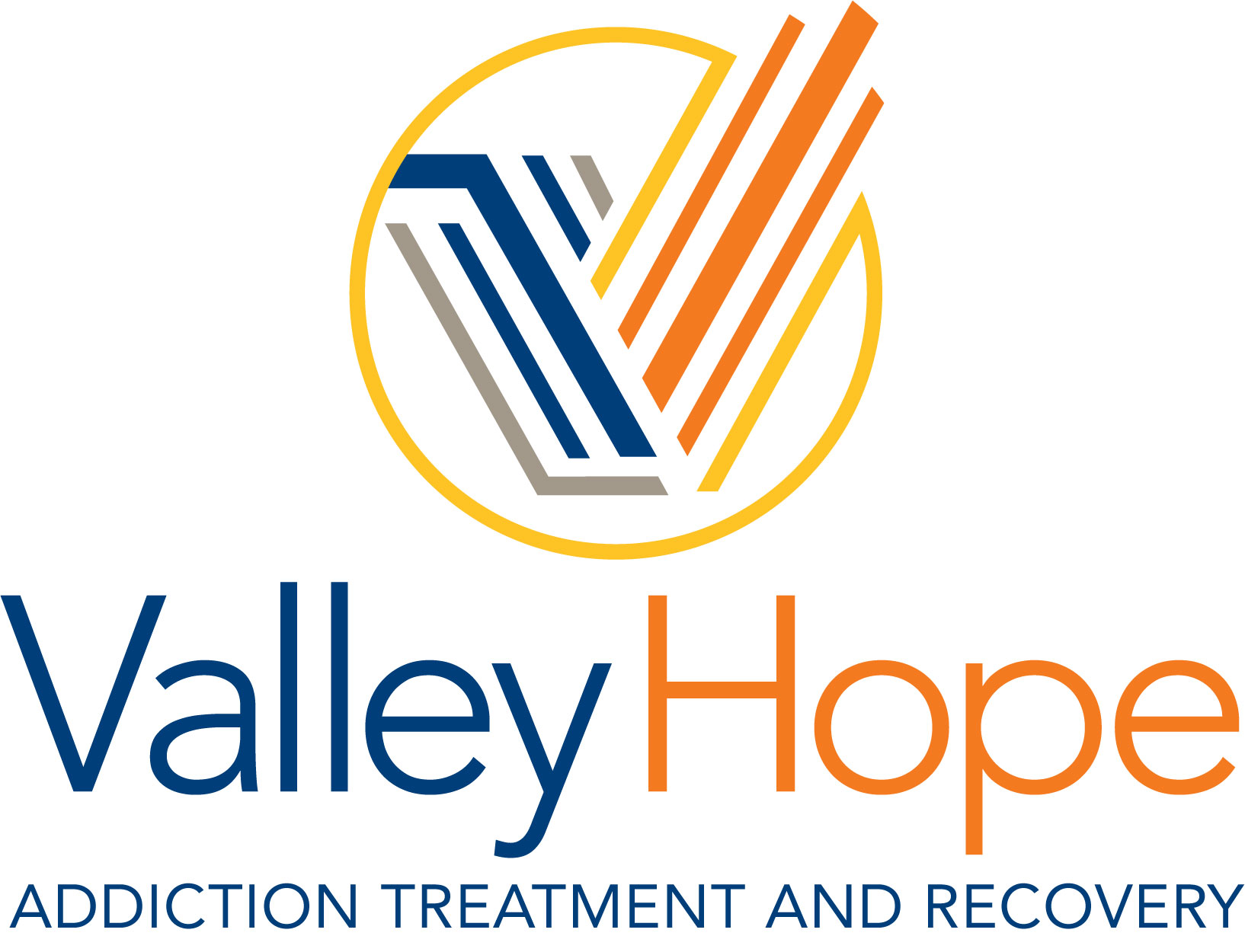Addiction is a powerful disease that does not discriminate — but when it comes to how it manifests and how people seek help, gender plays a major role. Men are statistically more likely than women to engage in risky substance use, develop substance use disorders, and delay seeking treatment. (National Institute of Mental Health (NIMH) Understanding these patterns is essential for recognizing the signs early and finding the right path toward healing.
Men and Addiction: A National Health Crisis
The data paints a clear picture: men face higher risks and lower treatment engagement when it comes to substance use disorders.
- Men are nearly twice as likely to develop a substance use disorder compared to women.
- (Source: Pew Charitable Trusts)
- Men are more likely to engage in binge drinking, illicit drug use, and multi-substance misuse.
- (Source: CDC, NIDA)
- Despite these higher rates, men are significantly less likely to seek treatment due to stigma, emotional suppression, and fear of being perceived as weak.
- (Source: NIMH, MentalHealthModesto.com)
These trends show why gender-specific awareness that removes barriers and targeted treatment are crucial in addressing addiction among men.
Common Signs of Addiction in Men
Addiction can look different from person to person, but many men exhibit certain behavioral, emotional, and physical symptoms when substance use becomes a problem:
Behavioral Signs:
- Frequent absences from work or social withdrawal
- Increased secrecy or defensiveness
- Legal or financial trouble
- Risk-taking behaviors or aggression
- Sudden changes in social groups
Physical Signs:
- Noticeable weight changes or neglect of hygiene
- Red eyes, tremors, or frequent illness
- Chronic fatigue or erratic sleep patterns
Emotional Signs:
- Irritability, anger, or mood swings
- Depression, anxiety, or lack of motivation
- Numbing emotions with alcohol or drugs rather than seeking support
Because men are less likely to talk openly about their struggles, these signs are often overlooked or minimized. That’s why early recognition — by friends, family, or the individual themselves — is key to breaking the cycle.
Why Men Delay Treatment
Cultural expectations around masculinity often pressure men to be self-reliant, strong, and unemotional. While these traits can be valuable in many aspects of life, they can also prevent men from getting the help they need.
Common reasons men avoid addiction treatment include:
- Fear of being perceived as weak or broken
- Lack of emotional language or coping tools
- Belief that asking for help is “not manly”
- Worries about losing work, family, or reputation
These barriers are not just personal — they’re systemic. At Valley Hope, we help men overcome these hurdles with treatment that honors strength through vulnerability and empowers change without judgment. Find a treatment center near you.
The Mental Health Connection
Substance use disorders rarely exist in a vacuum. Many men also struggle with co-occurring mental health disorders such as:
- Depression
- PTSD
- Anxiety
- Unresolved trauma
Often, these underlying conditions go untreated. Men may turn to alcohol or drugs to manage symptoms they don’t fully understand or feel safe expressing. According to Mental Health America, more than six million men experience depression each year, but the vast majority do not seek professional support.
By treating both addiction and co-occurring mental health issues simultaneously, Valley Hope clinicians and recovery support staff work with men to establish a foundation for real and lasting sobriety.
Evidence-Based Solutions for Men in Recovery
At Valley Hope, we meet men where they are — with tailored treatment options that blend structure, expertise, and compassion. Our programs are designed to support men through every phase of the recovery journey.
What Addiction Treatment for Men Includes:
- Medical Detox: Safe and supervised detoxification to stabilize the body and reduce withdrawal symptoms.
- Individual Therapy: Confidential sessions to explore root causes and build healthy coping strategies.
- Group Therapy: Peer connection helps men build community and accountability through shared experience.
- Family Counseling: Strengthening relationships and building supportive home environments.
- 12-Step Integration: Structured recovery philosophy built around accountability and service.
- Alumni Programs: Long-term peer support that extends far beyond discharge.
Whether you choose residential treatment,intensive outpatient programs (IOP), or telehealth care, Valley Hope provides flexible, evidence-based recovery pathways that respect each man’s unique circumstances.
Helping a Man You Care About
If you suspect a brother, son, partner, or friend is struggling with addiction, your support can be life-changing. Here’s how to help:
- Start with compassion, not confrontation
- Encourage open dialogue without judgment
- Offer resources, not ultimatums
- Avoid enabling behaviors, but stay connected
- Encourage professional help through trusted programs like Valley Hope
Hope Starts with One Step
Recovery is possible — and it often begins with a single act of courage. Whether you’re seeking help for yourself or someone you love, know that treatment is not a sign of weakness. It’s a sign of strength.











